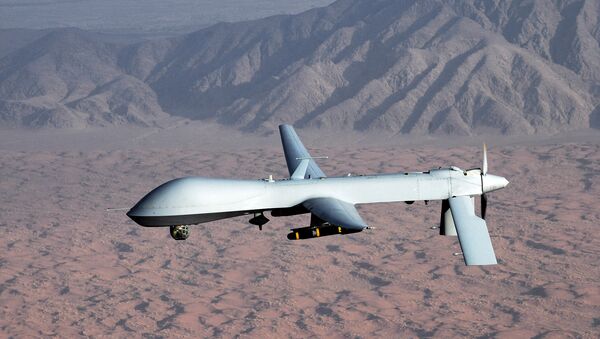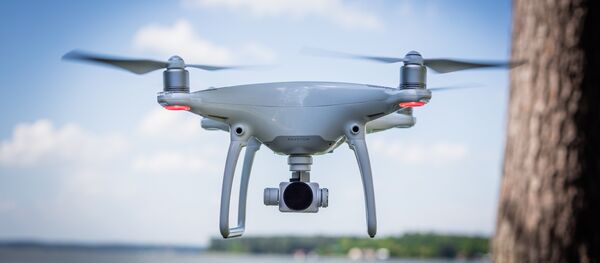"States do need to be able to take necessary and proportionate action where there is clear evidence that armed attacks are being planned and directed against them, and where it is the only feasible means to effectively disrupt those attacks. … [Before taking the action, the government] studies the likelihood that there will be other opportunities to undertake effective action in self-defense that may be expected to cause less serious collateral injury, loss or damage,” The Telegraph newspaper cited the official's speech.
The United Kingdom is part of the US-led coalition fighting the Islamic State (IS, outlawed in Russia) terrorist group in Iraq. The country also became involved in strikes against the IS in neighboring Syria after a House of Commons approval in late 2015. Despite the lack of parliamentary approval prior to December 2015, UK drones hit IS position in Syria's Raqqa in September that year, killing two UK nationals who had joined the group.
The involvement of UK drones in Syria sparked criticism in parliament as it had also killed a number of Syrian soldiers by accident. In late 2016, the UK parliament's Joint Committee on Human Rights said the government had failed to clarify its use of lethal force outside the scope of armed conflict. The committee's report asked government to clarify their policy on the use of drones for targeted killings, including the interpretation of the UK and international laws pertaining to such strikes and the general principles of their use.
Never miss a story again — sign up to our Telegram channel and we'll keep you up to speed!



